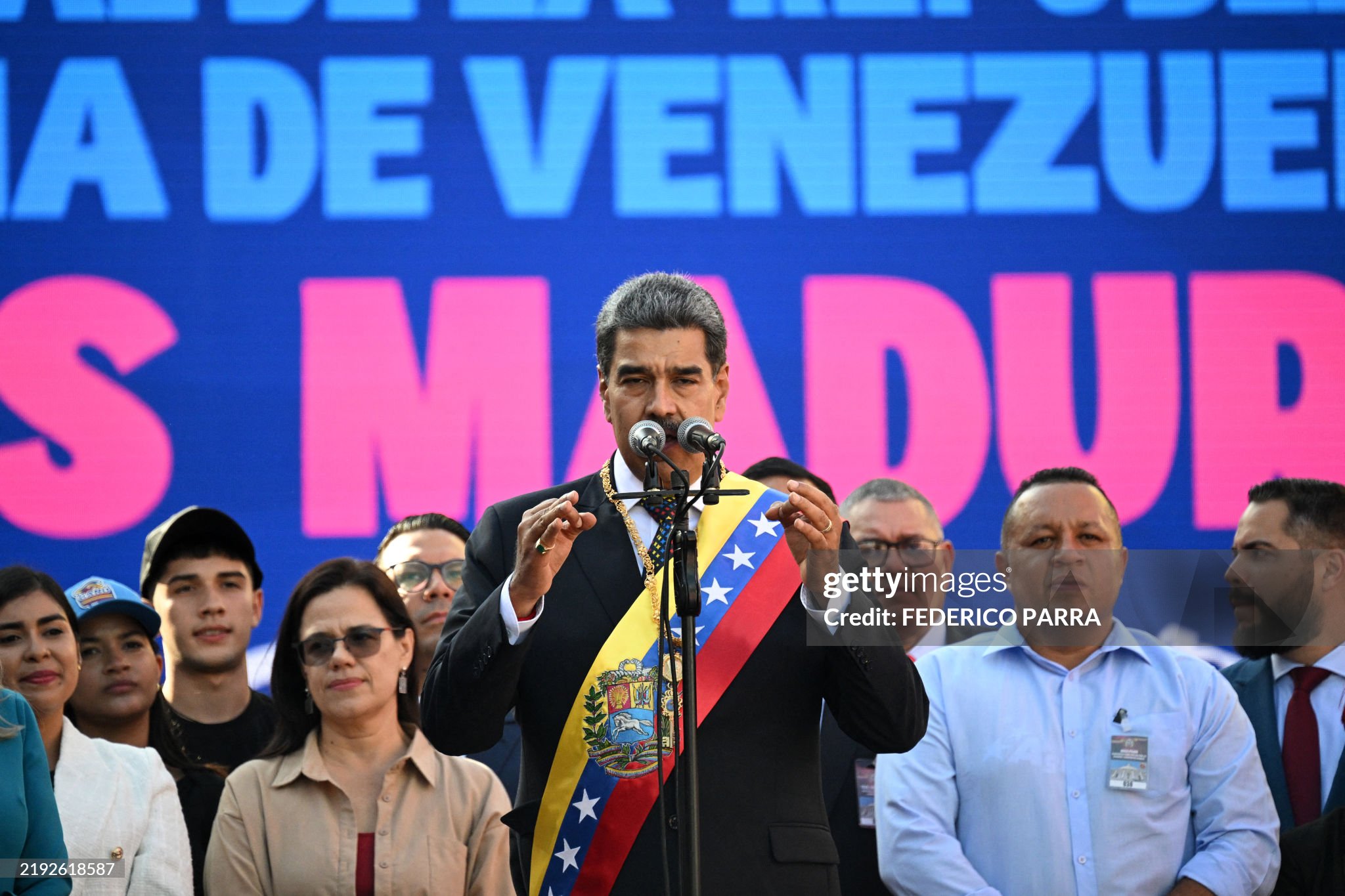BioNTech’s co-founder and top executive said the vaccine maker has no plans to enforce its intellectual property rights should organizations in Africa strike out on their own to produce unauthorized versions of the company’s shot.
“Our goal is not to keep others from using our technology. Our goal is rather to actively see to it that our technology is available on all continents as safely and as widely as possible,” CEO Ugur Sahin told Reuters TV on Wednesday when asked whether he would pursue breaches of patents or patents pending in Africa.
The remarks come after the company, which developed the western world’s most widely used COVID-19 shot with U.S. drugmaker Pfizer mapped out a plan to enable African countries to produce its Comirnaty-branded shot under BioNTech’s supervision.
Sahin said the proprietary offshore production venture, dubbed Biontainer, was superior to hands-off data sharing because of the many pitfalls in quality maintenance.
At an earlier news conference Sahin said that novel cancer therapies BioNTech is working on will in future be made available on the continent at affordable prices.
Sahin’s pledge on property rights echoes a similar statement by Moderna, which in 2020 said it would not enforce patents related to COVID-19 vaccines during the pandemic.
Different efforts are afoot to ease Africa’s reliance on vaccine imports amid heated debate over whether Western vaccine pioneers are doing enough to support that cause.
Afrigen Biologics of South Africa, working with the World Health Organization, has set out to produce a version of Moderna’s COVID-19 shot, even though it has not managed to win the U.S. vaccine developer’s assistance.
Separately, South African-American businessman Patrick Soon-Shiong opened a vaccine plant in Cape Town in January, intended to help his NantSA company make COVID-19 shots in future.
Sahin, for his part, said BioNTech’s venture to deliver a vaccine factory to Africa in the form of an assembly kit was the fastest contribution it could make towards African self-reliance.
“This turnkey solution is really the best we can currently do from our point of view if we want to establish production in Africa fast,” the CEO said.
WHO Director-General Tedros Adhanom Ghebreyesus welcomed BioNTech’s initiative as a complement to WHO’s technology transfer hub involving Afrigen.
Speaking to Reuters TV, Sahin said its production line would comply with U.S. and European manufacturing standards.
A treaty establishing a regulator for the continent, the African Medicines Agency, came into force in November but the institution has yet to take shape.
While BioNTech’s future African production line is designed to also make shots against malaria or tuberculosis, the most likely first product would be against COVID-19.
“That’s the blueprint we will likely transfer first,” BioNTech’s Sahin told Reuters.
While the facility, dubbed Biontainer, will initially be run by BioNTech staff, the company plans to train local partners to take over the complex vaccine-making procedure that the company says involves 50,000 steps to complete.





















Discussion about this post